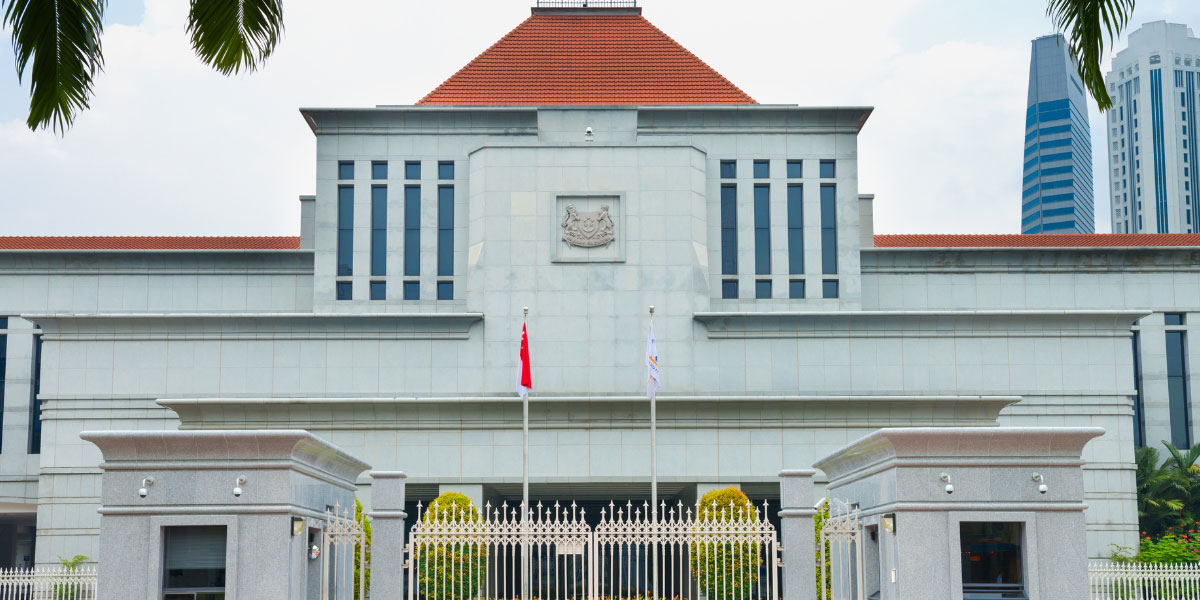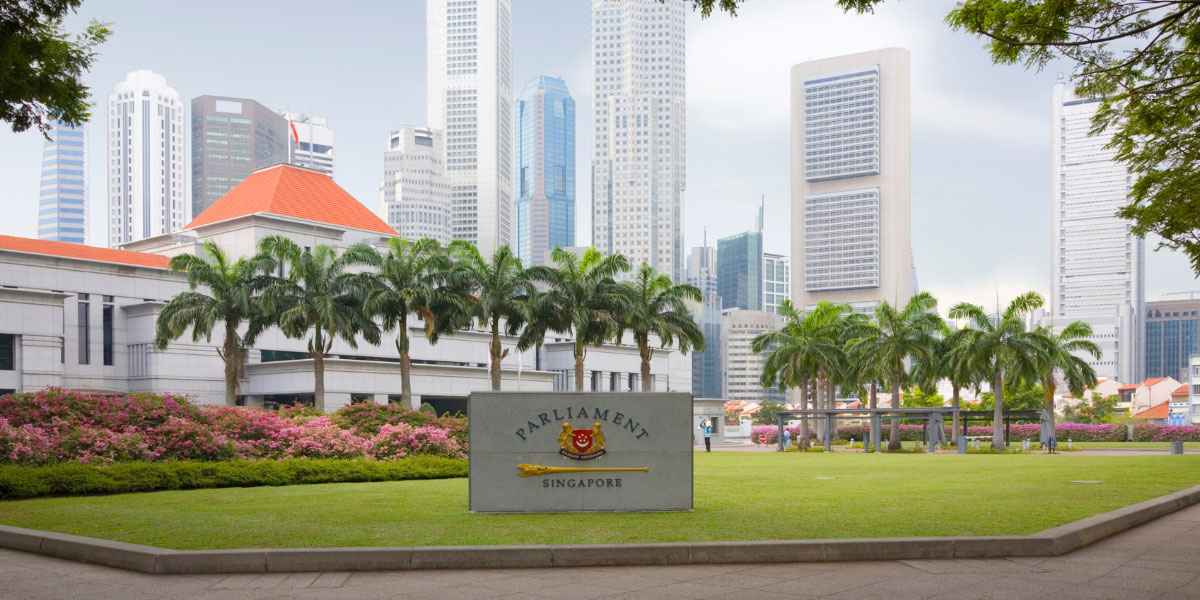On 8 September 2020, the Inland Revenue Authority of Singapore updated its website by including guidance regarding transfer pricing in response to the Covid-19 pandemic. The guidance is provided in a following question and answering format:
Question 1: My Company has been severely affected by COVID-19. What information do I have to provide in the transfer pricing documentation to substantiate the arm’s length nature of my transfer pricing outcome?
Answer: Please include the following information in your transfer pricing documentation, where applicable:
- A broad analysis of how your industry has been affected by COVID-19 and the direct impact of COVID-19 on your company;
- Documentation of who and which entity within the group made decisions relating to management of risks relating to COVID-19. This information will help to indicate which entities are in control of the decisions and thus should bear the related risks;
- The functional analysis of your company and the related parties before and after COVID-19 (i.e. any re-allocation of functions, assets and risks, as well as any recharacterisation);
- The contractual arrangements between the company and its related parties, and highlight whether any obligations or material terms and conditions have been varied, amended or terminated in light of COVID-19;
- A comparison of the budgeted (pre-COVID 19) and actual results of the profit and loss analysis of the company, providing explanation and evidence to support the variances;
- Reasons and supporting evidence to justify how your company’s profitability has been negatively impacted by COVID-19; and
- Details relating to COVID-19 specific government assistance that the company has received or government regulations imposed on the company which has an impact on its operations.
Question 2: Can I apply term-testing for my company’s related party transaction (i.e. testing of the related party transaction over a multiple-year period) so that the impact of COVID-19 can be spread out over a longer period of years?
Answer: Under usual circumstances, you are required to consult IRAS before applying term testing.
If you are of the view that annual testing may result in volatile results due to the impact of COVID-19, you may apply term-testing (generally over three years) for the Year of Assessment 2021. This view would need to be substantiated with evidence, which would complement the information listed in Question 1 above. In your transfer pricing documentation, you should explain clearly how the term-testing was applied and highlight that this is a once-off event. This term testing for the Year of Assessment 2021 is a once-off application and you do not need to consult IRAS prior to the application.
When considering to perform term-testing, you should also take into account the corresponding impact of this approach on your related parties in other jurisdictions. If term testing is not allowed in the other jurisdictions, this may result in potential disputes.
Question 3: Can I file a new Advance Pricing Arrangement (“APA”) application or request for renewal of an existing APA during this COVID-19 period?
Answer: You may file a new APA application or request for renewal of an existing APA if the company’s business operations and economic performance are not significantly impacted by COVID-19. Otherwise, the company should consider filing a new APA application or request for renewal of an existing APA only when there is greater level of certainty on the factors which may affect the determination of arm’s length transfer prices between related parties. In the event of doubt, please approach IRAS early for a discussion.
Question 4: What should I do if I have an APA application which is under review?
Answer: You should assess whether there are any transfer pricing implications arising from COVID-19 which may impact the APA application (e.g. changes in functional profile of the covered entities). If so, please provide the relevant details to IRAS as soon as possible. We can then review the case and decide on next steps. Where there are significant uncertainties involved or anticipated, it may be difficult for us to progress the case review further. If so, we may consider putting the case on hold or terminate the APA process.
In the case of an ongoing bilateral/multilateral APA, we will need to discuss the case with the other Competent Authority(ies) and come to a mutually acceptable conclusion.
Question 5: What should I do if I have an existing APA agreement with IRAS?
Answer: The terms and conditions of an APA agreement would include critical assumptions that provide for no material changes throughout the covered period to the economic environment in which the covered entities operate, the functions performed, assets employed and risk assumed by each covered entity with respect to the covered transaction.
The company should review and assess whether there is any breach of the terms and conditions in the existing APA agreement as a result of COVID-19. If so, the company should notify IRAS as soon as possible, provide an analysis of the impact as a result of COVID-19, explain why the terms and conditions have been breached and suggest the next course of action. With the information, IRAS will evaluate what is the best possible outcome. These include letting the APA run its usual course, suspending or modifying the APA for the period which is impacted. In the case of a bilateral/multilateral APA, we will need to discuss the case with the other Competent Authorities and come to a mutually acceptable conclusion.













